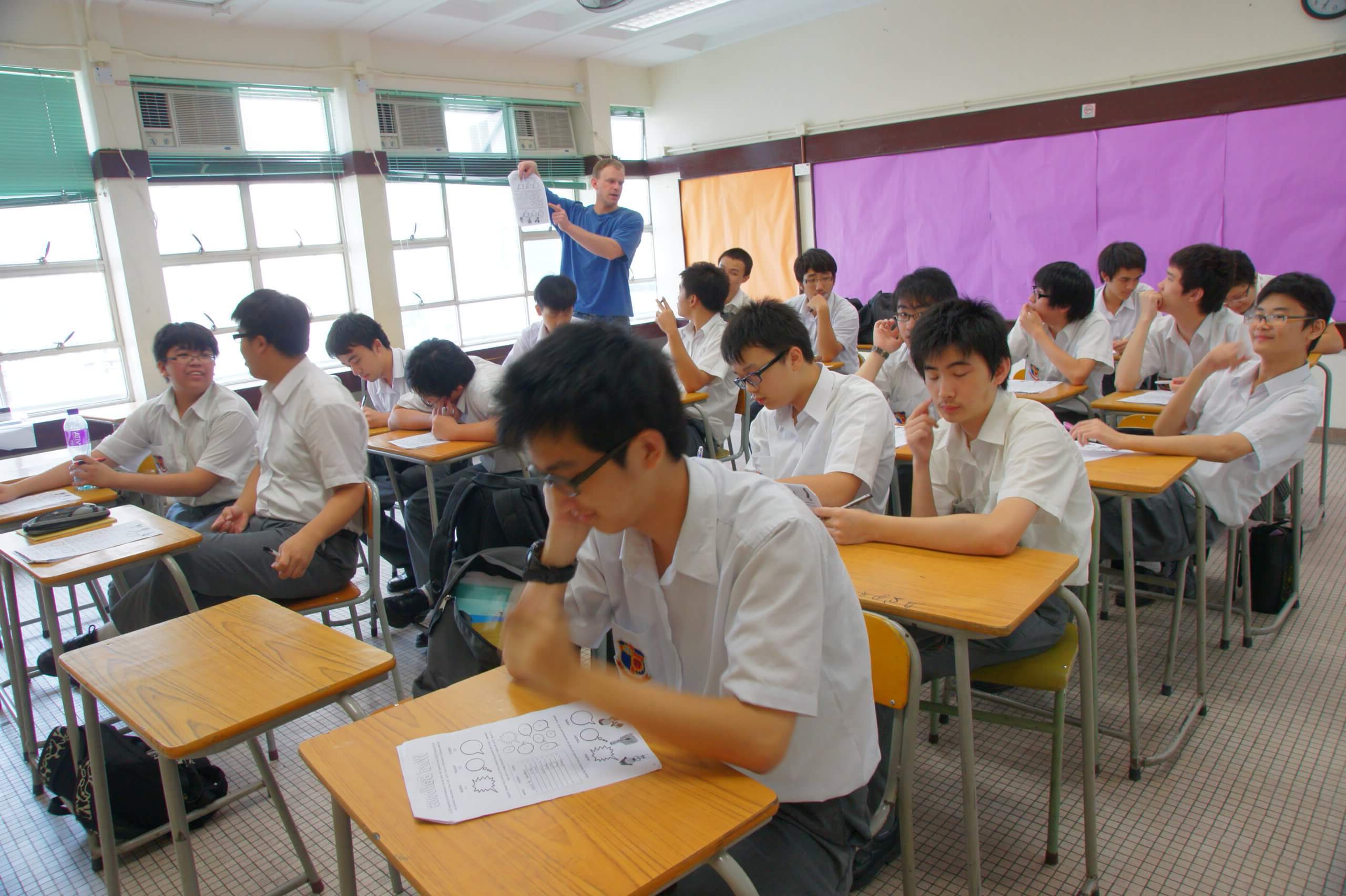
Hong Kong's education system is a blend of Eastern and Western influences, creating a unique learning environment. Did you know that Hong Kong students consistently rank among the top in international assessments? This city boasts a high literacy rate, with a strong emphasis on both English and Chinese languages. Schools here follow a rigorous curriculum, often leading to intense competition among students. Education in Hong Kong is divided into three main stages: primary, secondary, and tertiary. The government heavily subsidizes education, making it accessible to most residents. Private schools and international schools also play a significant role, offering diverse educational approaches. Curious about the daily life of a Hong Kong student? They often juggle schoolwork, extracurricular activities, and additional tutoring sessions. Understanding Hong Kong's education system provides insight into why its students excel globally.
Key Takeaways:
- Hong Kong's education system follows a 6-3-3-4 structure, emphasizing bilingualism and rigorous exams. It also encourages extracurricular activities and moral education to develop well-rounded students.
- Despite its academic excellence, Hong Kong's education system faces challenges such as high stress levels and inequality. Reforms aim to create a more balanced and holistic learning environment.
Overview of Hong Kong's Education System
Hong Kong's education system is known for its rigorous standards and competitive nature. It combines elements from both Eastern and Western educational philosophies, creating a unique learning environment.
-
Hong Kong follows a 6-3-3-4 system: Six years of primary education, three years of junior secondary, three years of senior secondary, and four years of university.
-
Primary education is compulsory: Children aged 6 to 12 must attend school.
-
English and Chinese are the main languages: Schools teach in both languages, preparing students for a bilingual world.
-
The Hong Kong Diploma of Secondary Education (HKDSE): This exam determines university admissions and is highly competitive.
-
International schools are popular: Many expatriates and locals opt for these schools, which offer different curricula like IB and A-Levels.
Primary and Secondary Education
Primary and secondary education in Hong Kong is designed to build a strong academic foundation while also encouraging extracurricular activities.
-
Primary schools focus on core subjects: These include Chinese, English, mathematics, and general studies.
-
Secondary education is divided into junior and senior levels: Junior secondary covers grades 7-9, while senior secondary includes grades 10-12.
-
Extracurricular activities are encouraged: Schools offer various clubs and sports to develop well-rounded students.
-
Moral and civic education is part of the curriculum: This aims to foster responsible and ethical citizens.
-
Project-based learning is common: Students often engage in projects that require critical thinking and collaboration.
Higher Education in Hong Kong
Hong Kong's universities are globally recognized for their academic excellence and research contributions.
-
Eight publicly funded universities: These include the University of Hong Kong (HKU) and the Chinese University of Hong Kong (CUHK).
-
Hong Kong universities rank high globally: Several institutions consistently appear in top global rankings.
-
Research is heavily emphasized: Universities focus on cutting-edge research in various fields.
-
International student population is growing: Many students from around the world choose to study in Hong Kong.
-
Scholarships are available: Both local and international students can apply for various scholarships.
Unique Features of Hong Kong's Education
Hong Kong's education system has several unique features that set it apart from other systems around the world.
-
Emphasis on rote learning: Memorization is a common method used to prepare for exams.
-
High parental involvement: Parents often play a significant role in their children's education.
-
Tutorial centers are widespread: Many students attend extra classes to improve their academic performance.
-
School uniforms are mandatory: Most schools require students to wear uniforms.
-
Public exams are a major focus: Students spend years preparing for these crucial exams.
Challenges and Reforms
Despite its strengths, Hong Kong's education system faces several challenges that have led to ongoing reforms.
-
High stress levels among students: The competitive nature of the system can lead to significant stress.
-
Inequality in education: There are disparities in resources and opportunities between different schools.
-
Curriculum reforms are ongoing: Efforts are being made to make the curriculum more flexible and less exam-focused.
-
Focus on holistic development: Recent reforms aim to balance academic rigor with personal development.
Final Thoughts on Hong Kong Education
Hong Kong's education system is a blend of tradition and modernity. With a strong emphasis on academic excellence, students face rigorous exams and high expectations. The city boasts some of the world's top universities, attracting international students and scholars. However, the pressure can be intense, leading to stress and mental health concerns among students.
Despite these challenges, Hong Kong continues to innovate in education, integrating technology and new teaching methods. The city's bilingual environment, with instruction in both English and Chinese, prepares students for global opportunities.
Understanding these facts about Hong Kong's education system offers a glimpse into the complexities and strengths of this dynamic city. Whether you're a student, parent, or educator, there's always something new to learn about how education shapes Hong Kong's future.
Frequently Asked Questions
Was this page helpful?
Our commitment to delivering trustworthy and engaging content is at the heart of what we do. Each fact on our site is contributed by real users like you, bringing a wealth of diverse insights and information. To ensure the highest standards of accuracy and reliability, our dedicated editors meticulously review each submission. This process guarantees that the facts we share are not only fascinating but also credible. Trust in our commitment to quality and authenticity as you explore and learn with us.
